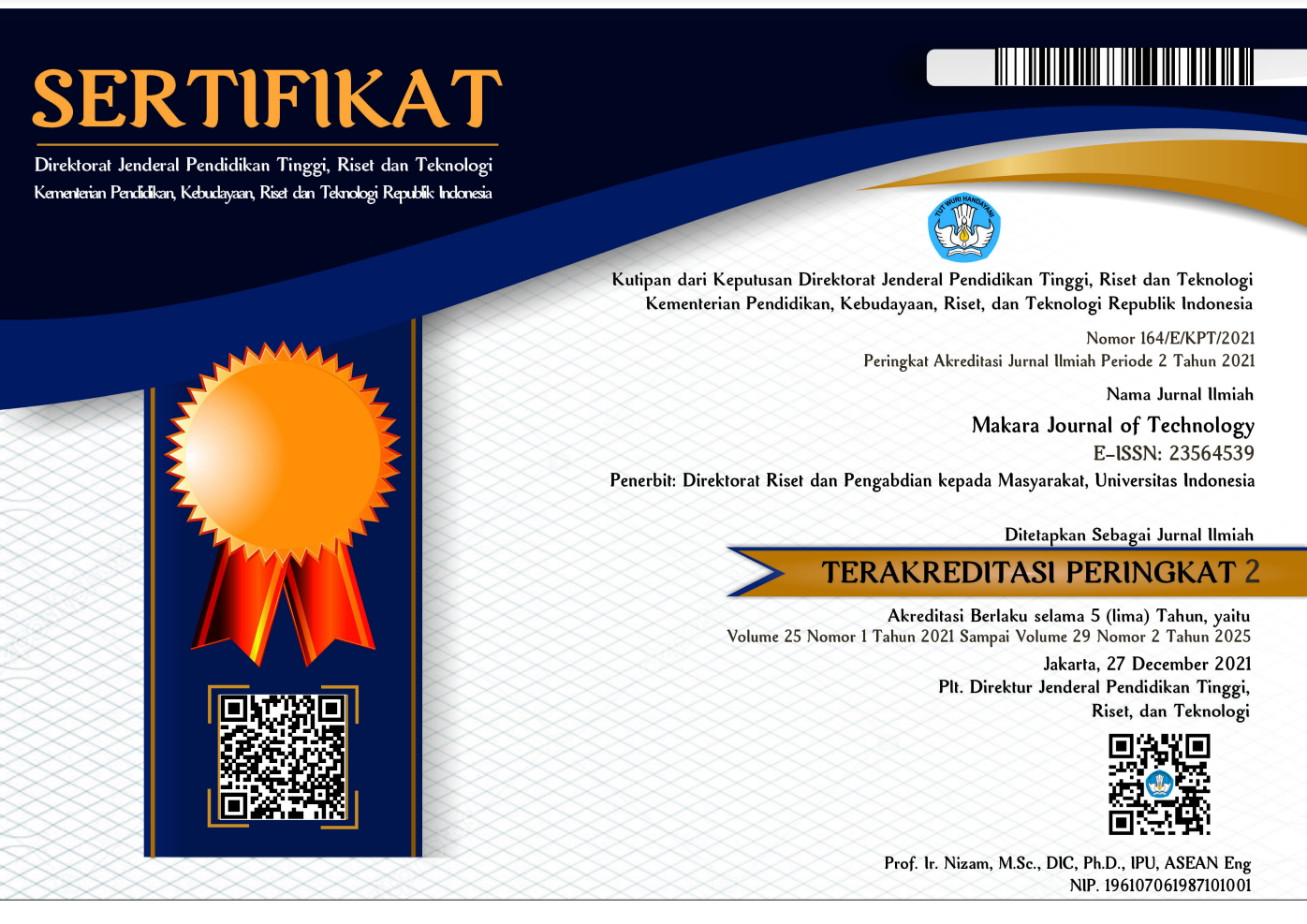Abstract
In this paper, we study linear approaches for 3D model acquisition from non-calibrated images. First, the intrinsic and extrinsic camera calibration is taken into consideration. In particular, we study the use of a specific calibration primitive: the parallelepiped. Parallelepipeds are frequently present in man-made environments and naturally encode the affine structure of the scene. Any information about their euclidean structure (angles or ratios of edge lengths), possibly combined with information about camera parameters is useful to obtain the euclidean reconstruction. We propose an elegant formalism to incorporate such information, in which camera parameters are dual to parallelepiped parameters, i.e. any knowledge about one entity provides constraints on the parameters of the others. Consequently, an image a parallelepiped with known Euclidean structure allows to compute the intrinsic camera parameters, and reciprocally, a calibrated image of a parallelepiped allows to recover its euclidean shape (up to size). On the conceptual level, this duality can be seen as an alternative way to understand camera calibration: usually, calibration is considered to be equivalent to localizing the absolute conic or quadric in an image, whereas here we show that other primitives, such as canonic parallelepipeds, can be used as well. While the main contributions of this work concern the estimation of camera and parallelepiped parameters. The complete system allows both calibration and 3D model acquisition from a small number of arbitrary images with a reasonable amount of user interaction.
References
- M. Wilczkowiak, E. Boyer, P. Sturm, In: A. Heyden, G. Sparr, M. Nielsen, P. Johansen (Eds.),Proceedings of the 7th European Conference on Computer Vision, Copenhagen, Denmark, 2002, p. 221.
- M. Wilczkowiak, P. Sturm, E. Boyer. Using Geometric Constraints Through Parallelepipeds for Calibration and 3D Modelling, Research Report 5055, inria, Grenoble, France, 2003.
- R.I. Hartley, Proceeding of the Darpaespritworkshop on Applications of Invariants in Computer Vision, Azores, Portugal, 1993, p.187.
- M. Pollefeys, L. van Gool, Proceedings of the Conference on Computer Vision and Pattern Recognition, Puerto Rico, USA, 1997, p. 407.
- R.I. Hartley. International Journal of Computer Vision 22 (1997) 5.
- L. de Agapito, R.I. Hartley, E. Hayman, Proceedings of the Conference on Computer Vision and Pattern Recognition, Fort Collins, Colorado, USA, 1999.
- M. Armstrong, A. Zisserman, P. Beardsley, In: E. Hancock (Ed.), Proceedings of the fifth British Machine Vision Conference, York, England, 1994, p. 509.
- B. Caprile, V. Torre, International Journal of Computer Vision 4 (1990) 127.
- R. Cipolla, E. Boyer, Proceedings of IAPR Workshop on Computer Vision, Chiba, Japan, 1998, p. 559.
- C.S. Chen, C.G. Yu, Y.P. Hung, Proceedings of the 7th International Conference on Computer Vision, Kerkyra, Greece, 1999, p. 30.
- J. Kosecka, W. Zhang, Proceedings of the 7th European Conference on Computer Vision, Copenhagen, Denmark, 2002, p. 476.
- P. Sturm, S. Maybank, Proceedings of the Conference on Computer Vision and Pattern Recognition, Fort Collins, Colorado, USA, 1999, p. 432.
- Z. Zhang. Proceedings of the 7th International Conference on Computer Vision, Kerkyra, Greece, 1999.
- B. Triggs, Proceedings of the 5th European Conference on Computer Vision, Freiburg, Germany, 1998.
- E. Malis, R. Cipolla, IEEE Transactions on Pattern Analysis and Machine Intelligence 4(2002) .
- B. Triggs, Proceedings of the 6th European Conference on Computer Vision, Dublin, Ireland, 2000, p. 522.
- P. Sturm, Proceedings of the Conference on Computer Vision and Pattern Recognition, Hilton Head Island, South Carolina, USA, 2000, p. 1010.
- B. Triggs, Proceedings of the Conference on Computer Vision and Pattern Recognition, Puerto Rico, USA, 1997, p. 609.
- M. Wilczkowiak, E. Boyer, P. Sturm, Proceedings of the 8th International Conference on Computer Vision, Vancouver, Canada, 2001, p. 142.
Recommended Citation
Zuliansyah, Mochammad
(2005)
"3D Modelling With Linear Approaches Using Geometric Primitives,"
Makara Journal of Technology: Vol. 9:
Iss.
1, Article 6.
DOI: 10.7454/mst.v9i1.298
Available at:
https://scholarhub.ui.ac.id/mjt/vol9/iss1/6
Included in
Chemical Engineering Commons, Civil Engineering Commons, Computer Engineering Commons, Electrical and Electronics Commons, Metallurgy Commons, Ocean Engineering Commons, Structural Engineering Commons




